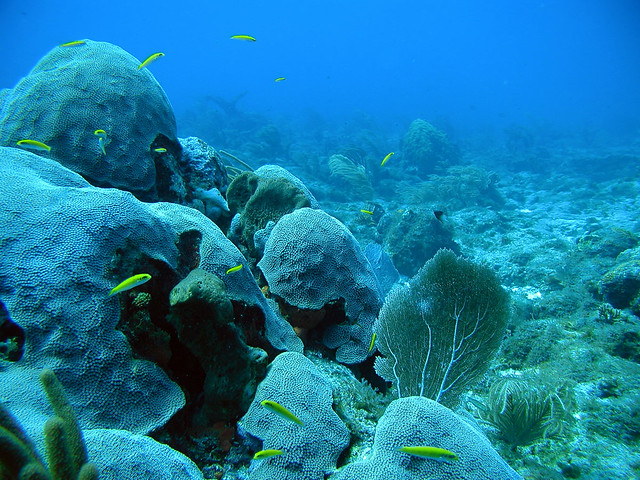NAFO debates but fails to deliver deep sea protection. Ignoring new scientific evidence about the extent of fragile coral systems within their waters and a range of international commitments, the 34th annual meeting of the Northwest Atlantic Fisheries Organization (NAFO) closed today in St Petersburg, Russia without adopting any significant deep sea safeguards.
Canada, the European Union and the United States, with the support of Norway, had proposed closing a set of deep-sea areas to bottom trawl fishing where scientists have found evidence of sea pens and gorgonian corals. The proposals generated considerable debate at the meeting this week but were not adopted because of opposition and lack of support from other NAFO member countries.
“An extraordinary amount of debate has occurred this week for so little action despite new scientific evidence showing where concentrations of fragile deep sea corals and sea pens are located and where protection is needed now” said Susanna Fuller the Ecology Action Centre in Canada, a member of the Deep Sea Conservation Coalition (DSCC).
The United Nations General Assembly (UNGA), beginning in 2004, adopted a series of resolutions committing all NAFO member countries to protect such deep-sea areas, known as ‘vulnerable marine ecosystems’, from the harmful impacts of fishing. The UNGA resolutions also committed high seas fishing nations to conduct environmental impact assessments of deep-sea fisheries to ensure that they are managed sustainably and without damaging deep-sea ecosystems. Between 2006 and 2010 NAFO closed a number of areas of corals and seamounts to bottom fishing. However, since 2010 NAFO has only agreed to limited conservation and protection measures in spite of continued scientific evidence that more deep-sea areas and species on the high seas of the Northwest Atlantic need protection from bottom trawl fishing.
“Last year NAFO finally agreed to conduct environment impact assessments but only by 2016 and now this year failed to close areas which scientists have clearly indicated are in need of protection” said Matthew Gianni of the Deep Sea Conservation Coalition. “We’re concerned that a number of NAFO countries are reneging on their UN commitments and as a result NAFO itself is becoming incapable of managing fisheries to the standards set by the international community and under international law”.
Photo courtesy of NOAA's National Ocean Service via Flickr (CC BY 2.0)

